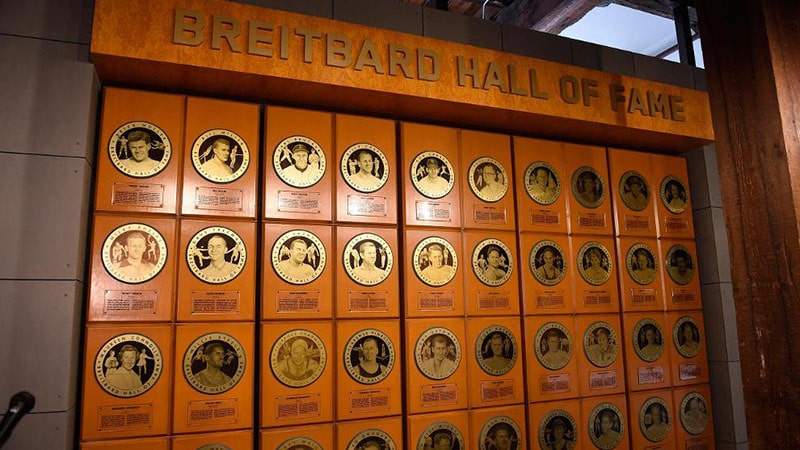
Breitbard Hall of Fame
Stars of the Year
Challenged Athletes
Community Champions Award
High School Coaching Legends
2005 Stars of the Month
2006 Stars of the Month
2007 Stars of the Month
2008 Stars of the Month
Stars of the Month – Bio Pages
Ernest H. Wright Award
Saunders/Connelly/Coaches
Awards Selection Committee
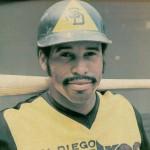
Inducted in 1998, Dave Winfield played his first eight of twenty-two major league seasons in San Diego from 1973-1980, representing the Padres in four of twelve consecutive All-Star Game appearances (1977-1988). At six foot six, strong armed and fast, he was drafted in three sports (baseball, basketball and football) from the University of Minnesota, where he was Most Valuable Player of the 1973 College World Series. Winfield graduated to the Padres without ever playing in the minor leagues. He joined the New York Yankees as a free agent in 1981 and won a World Series with Toronto in 1992. He retired after the 1995 season with a career batting average of .283, 3,110 hits, 465 home runs, 1,833 RBI, 223 stolen bases and seven Gold Gloves.
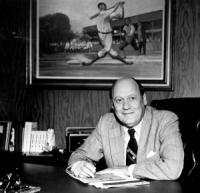
Inducted in 2007, Buzzie Bavasi helped bring Major League Baseball to San Diego when the National League awarded the city a franchise in the 1969 season with Bavasi the president and part-owner. He served the Padres as president from 1969 to 1977 and remained a San Diego resident with a home in La Jolla. Bavasi was inducted into the Padres Hall of Fame in 2001.
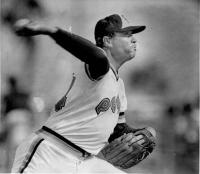
Inducted in 2007, Goose Gossage, was one of the most intimidating relief pitchers of his era. He was a two-time All-Star for the San Diego Padres in the 1984 and 1985 seasons. He posted 25 saves in 1984 when he helped the Padres win their first National League pennant. He also led the team with 26 saves in 1985 and 21 in 1986.

Leo was a football and basketball standout at USC in 1920, ’21 and ’22. He was captain of the Trojan football team that defeated Penn State in the January 1, 1923 Rose Bowl game and was selected Player of the Game as a two-way lineman. He was described by the media covering that contest as “the equivalent of a playing coach. By adroitly shifting the Trojan defense, he succeeded in checking the Lion rush.” He also intercepted a Penn State pass just as the Lions were making a move to get back into the game. Following graduation from USC in 1923, he was an assistant coach for the Trojan football, basketball and baseball teams, and helped develop the players who became the first national championship eleven selected nationally in 1926. The next ten years were spent developing championship-caliber players and teams at Whittier College, Idaho and back at USC. In 1937, he was selected to the all-time USC team.
In 1935, Leo had began a seven-year association with San Diego State as football coach, where he helped the Aztecs to several Southern California Conference titles and a 34-22-4 overall record. The final game he ever coached was a stunning 12-6 upset of Amos Alonzo Stagg’s powerful College of the Pacific team in a game played on the night before Pearl Harbor was attacked.
At the outbreak of WWII, Leo entered the Navy and served locally as commander and director of the 11th Naval District’s Recreation Department. Following the war, he served as the San Diego Parks and Recreation Department’s first director, supervising the development of Mission Bay Park and the Torrey Pines municipal golf course.
Leo was a charter member of the Breitbard Athletic Foundation and served as Executive Director of the Hall of Champions from 1960 until his retirement in 1974.
A publication from the University of Idaho says this about Leo: “In the spring of 1929, a new football coach who would make many friends came to the University. He was Leo B. Calland. A widely-read man of culture, he was at home among the scholars. He discussed the exploits of Gengis Khan authoritatively as he he did those of Knute Rockne.”
Leo passed away in 1984 at the age of 83.
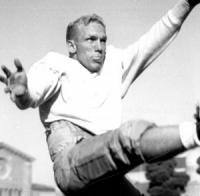
Inducted in 1959. Irvine “Cotton” Warburton was a consensus All-American quarterback at the University of Southern California and later an Oscar winning film editor at Walt Disney Studios.
A three sport star at San Diego High School, winner of the state 440 yard track title in 1930, he led USC’s football team to a 20-1-1 record in 1932-1933.
Though only 148 pounds, he scored two touchdowns each in great performances in the 1933 Rose game, in which the Trojans crushed Pittsburgh 35-0, and in USC’s 19-0 victory over Notre Dame later that year.
He won his Academy Award in 1965 for his editing of the movie classic “Mary Poppins”.
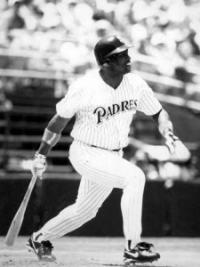
Inducted in 2002, Tony Gwynn was drafted out of SDSU by the San Diego Padres and the, then, San Diego Clippers.
During his 20-year career with the Padres, he batted over .300 for 19 consecutive seasons, winning eight batting titles. Won five Gold Glove awards and was a 16-time All-Star.
Retired with a .338 career batting average, 3,141 base hits and as the all time club leader in most offensive categories.






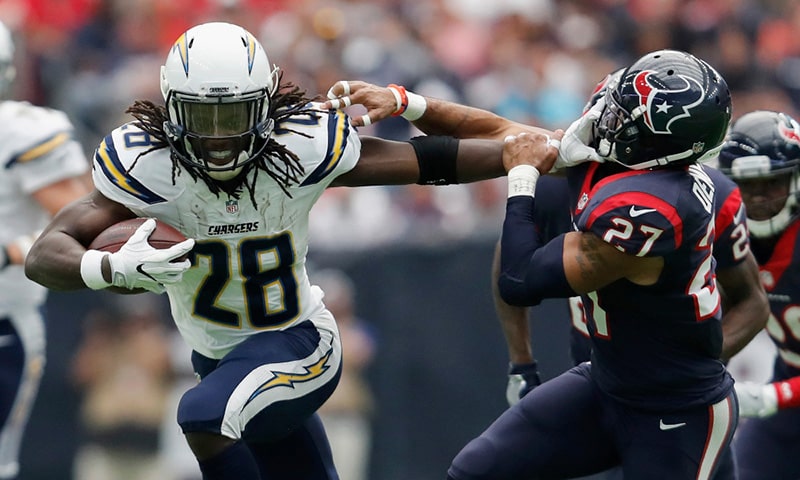


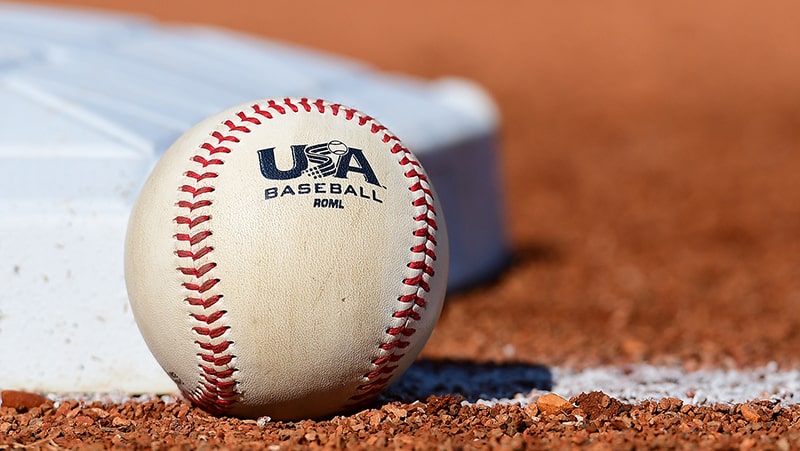
 Beranda
Beranda
 Whatsapp
Whatsapp
 Daftar
Daftar
 Promosi
Promosi
 Telegram
Telegram